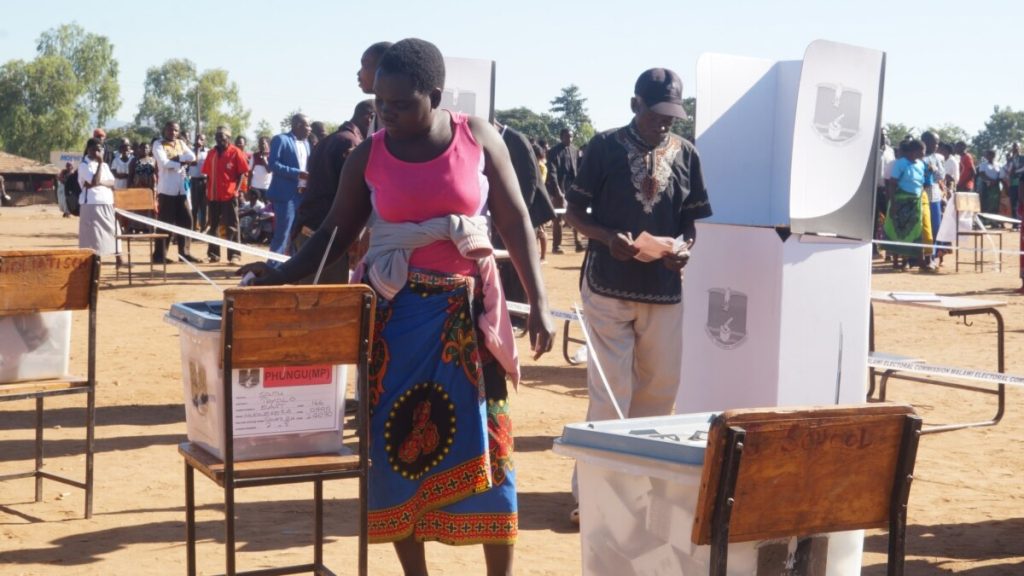Foreign investors seem to be shunning the Malawi market in preference for neighbouring countries, a development observers say is largely due to macro-economic instability.
Published data from United Nations Conference on Trade and Development shows that in 2024, foreign direct investment (FDI) inflows to Malawi stood at $220 million (about K385 billion), a rise from the previous year’s $214 million (about K375 billion), but below regional neighbours.

The data further show that last year, neighbouring Mozambique attracted FDI worth $3 553 million, with South Africa at $2 469 million, Tanzania at $1 718 million, Zambia at $1 238 million and Zimbabwe at $597 million.
In a statement following the publication of the 2025 UN World Investment Report, Unctad secretary general Rebeca Grynspan observed that too many economies are being left behind not for a lack of potential, but because the system still sends capital where it is easiest, not where it is needed.
She said: “But we can change that. If we align public and private investment with development goals and build trust into the system, domestic and international markets will bring scale, stability and predictability.”
In a written response on Tuesday, Malawi Investment and Trade Centre director general Kruger Phiri said despite progress following some policy reforms, there is still limited infrastructure to facilitate investments.
He said: “These infrastructural needs are in the transport and energy sectors, but the country is tirelessly working hard to improve them.
“Furthermore, the low gross domestic product per capita is a setback as it puts off some investors.”
Phiri said the policy reforms and initiatives such as the establishment of special economic zones, liberation of the electricity sector, setting up of Malawi Mining Authority and the agriculture, tourism, mining and manufacturing (ATMM) strategy, among others, all seek to promote investments in manufacturing, mining and value addition.
Speaking separately, National Working Group on Trade and Policy chairperson Frederick Changaya observed that government has done well to build institutional frameworks that support attraction of FDI.
He said: “What remains to be done is to revolutionise our policy coherence that support general economic growth. FDI flourishes where there are growing and increasing returns.”
In its June 2025 Global Economic Prospects, World Bank observed that ongoing trade policy uncertainty and growing protectionism will likely weaken, compounding their challenges to ensure the creation of sufficient employment for expanding working-age populations.
Absa Africa Financial Markets is quoted as having stated that continued shortage of foreign exchange was dampening Malawi’s potential to attract investors.
The post Malawi lags behind neighbours on FDI appeared first on Nation Online.




























